
Credit: Justin Makangara / Action de Careme/ Fairpicture
In March 2025, OpenAI, later joined by Google, urged the U.S. government to clarify copyright rules to allow AI companies to train their models on protected content under the principle of “fair use.” Their framing is strategic: they claim it’s about maintaining U.S. leadership in artificial intelligence, especially compared to countries with more permissive data environments.
But underneath the policy argument lies a deeper ethical question. If the content powering these models is created by people — artists, writers, journalists, photographers, educators — shouldn’t they have a say in how it is used?
.
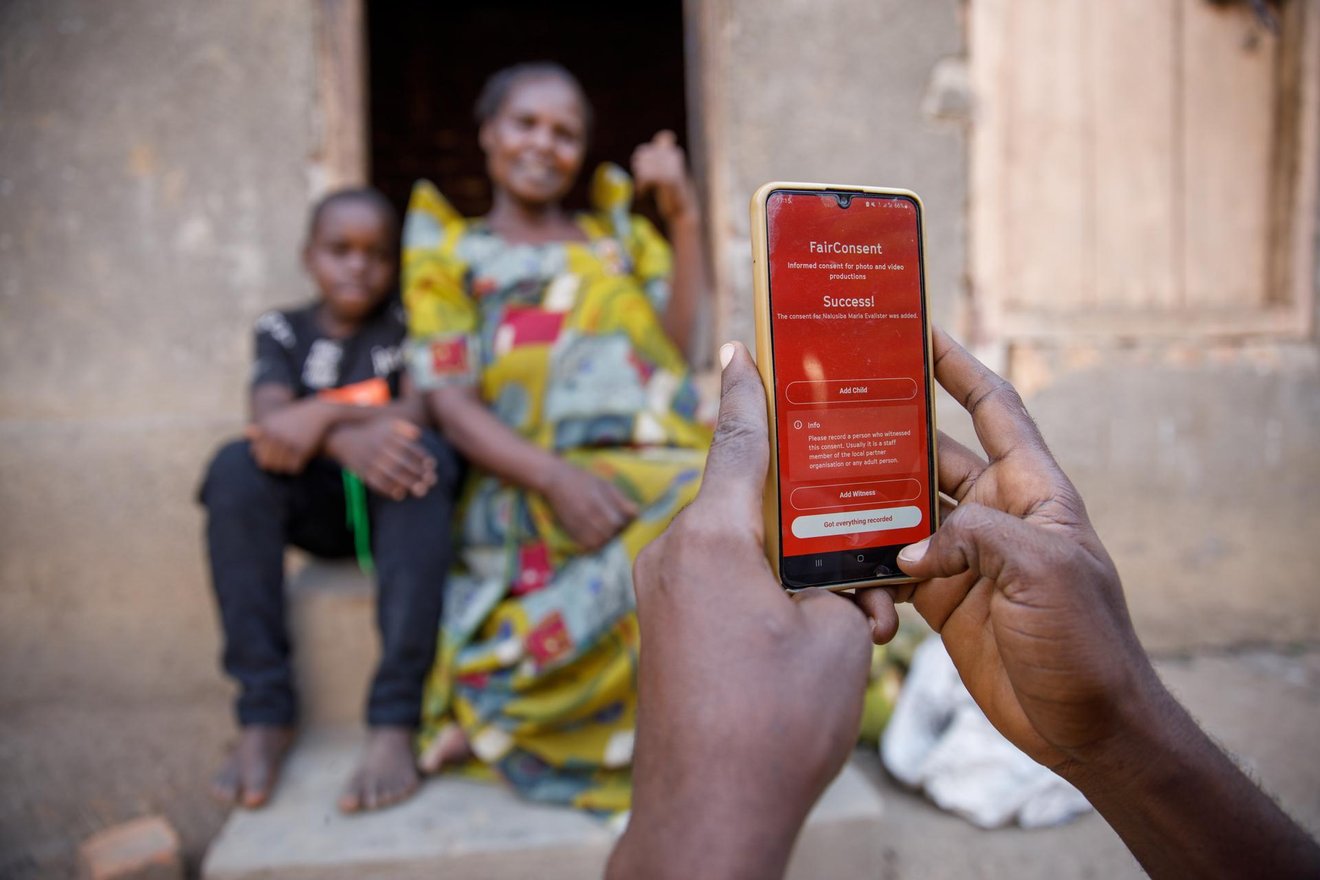
Farmer Nalusiba Maria Evalister (R) giving consent through the Fairconsent App. Information was recorded by Livingstone Ssemuju (L) as her grandchild looks on.
Credit: Nyokabi Kahura / Fairpicture
From image libraries to language archives, the raw material that trains AI systems is often gathered with little transparency or accountability. Content is scraped at scale. Consent is assumed or ignored. Attribution is rare. Compensation is almost never on the table.
This extractive logic isn’t new. It mirrors colonial patterns of knowledge appropriation, where the insights, expressions, and experiences of others are repurposed to serve the goals of those in control.
At Fairpicture, we recognize these patterns because they also show up in visual storytelling. For decades, narratives in the development and humanitarian sectors have been shaped by outsiders, filtered through the lenses of power, privilege, and distance. Communities have been portrayed as passive, voiceless, or defined by lack, all in the service of someone else’s story.
It’s part of what drives our commitment to more thoughtful storytelling.
That means:
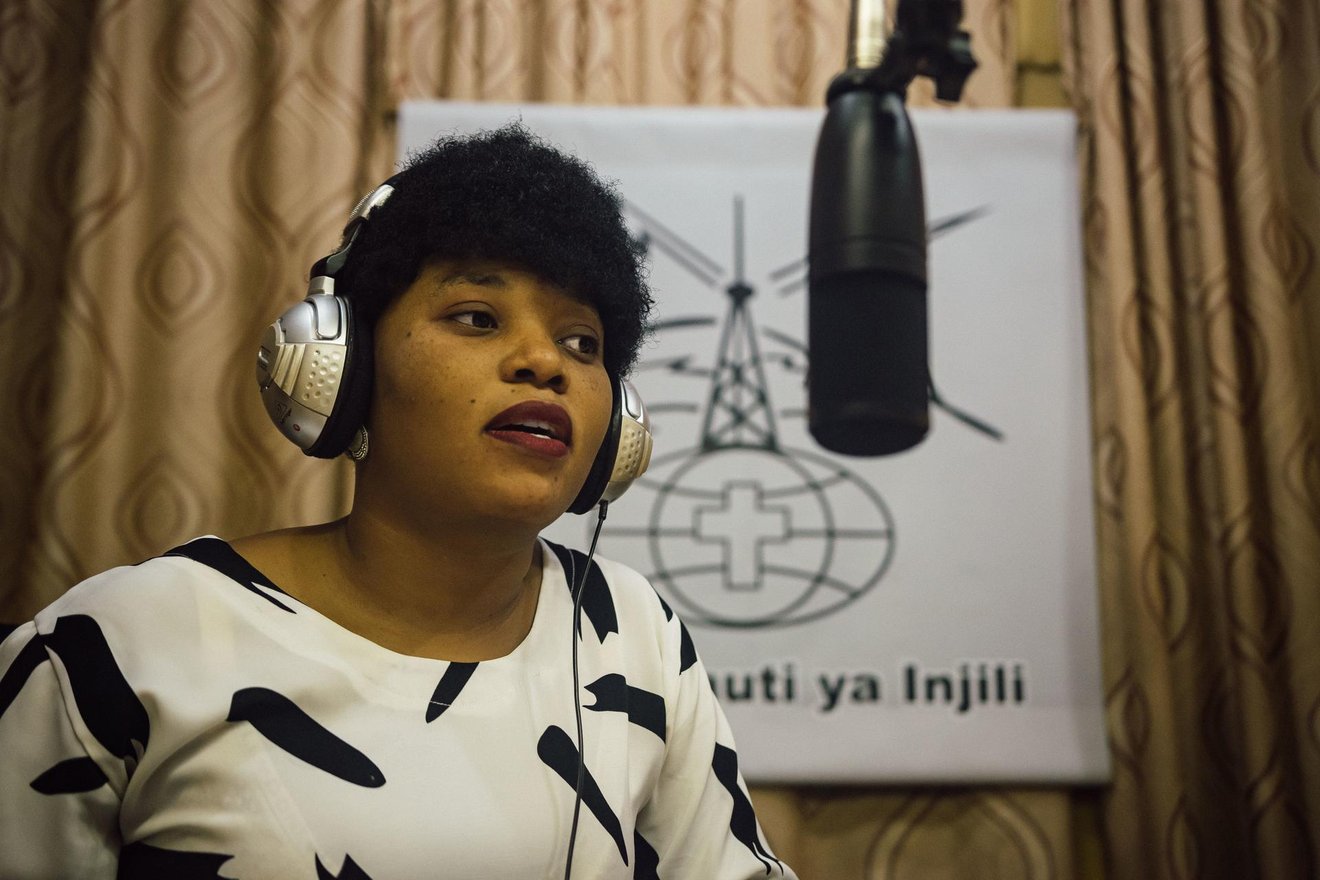
Lydia Kishia (30) runs the Lutheran Radio Centre's program catered towards local farmers. The local famers receive techniques and advice specifically in organic farming and livestock keeping. The farmers record these programs for their listening groups for discussion and implementation.
Credit: Amini Suwedi / Biovision Foundation / Fairpicture
Fairpicture was founded on the belief that content creation should be ethical, equitable, and inclusive, not extractive. We work with local creators, embedded in their communities, to co-create visual stories with dignity, context, and care. That model may be slower, yes. But it is also richer, more just, and more sustainable.
In a world where AI models can generate endless images and text at lightning speed, we’re reminded that the best stories are not the fastest. They are the ones built through relationship, trust, and respect.
If AI is to be part of our storytelling future, it must be built on different terms. Terms that honor human agency, not erase it.
More than 400 public figures, including Cate Blanchett, Paul McCartney, and Questlove, have already warned the U.S. government that unchecked use of copyrighted material threatens the creative economy. Major media outlets like The New York Times are taking legal action against AI developers. Artists, educators, and journalists across the globe are demanding transparency, consent, and compensation.
These are not fringe concerns. They are a call to reimagine how technology serves — or undermines — the people whose stories it draws from.
.
For those of us working in the fields of storytelling, development, and human rights, the responsibility is clear. We must speak up. We must ask better questions. We must build and demand systems that centre justice, not just innovation.
Because storytelling is not just a tool. It is a terrain of power. And that power must be shared.
To learn more about our mission to reshape content production through ethical, locally-led storytelling, visit fairpicture.org/mission.
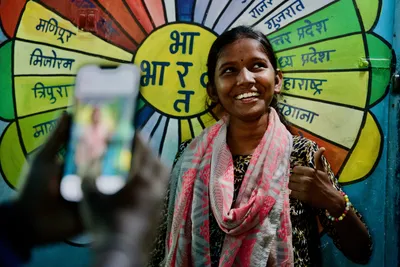
July 2025 - Laura Abad Guerrero
What does ethical consent really look like today in global storytelling? From fieldwork to footage, this article unpacks why traditional consent forms fall short, and offers a clear, practical path to embedding dignity, agency, and accountability into every stage of visual content production.
Learn more about Ethical Consent in Visual Content: A Practical Framework for Responsible Storytelling
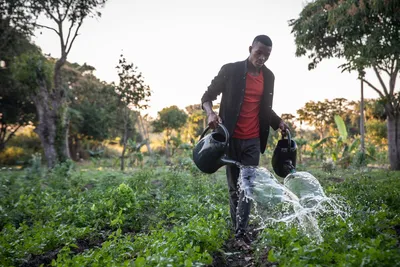
April 2025 - Jörg Arnold
Why do so many communication, marketing and fundraising managers struggle to find budget for photography and video production, and why do we need to solve this?
Learn more about Visual Communication on a Tight Budget
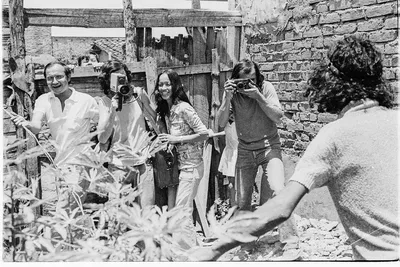
April 2023 - Jaìr F. Coll
Misery Porn still persists today in visual storytelling, reducing people to their condition of misery and stripping them of their humanity.
Learn more about How to talk about consent and Misery Porn?